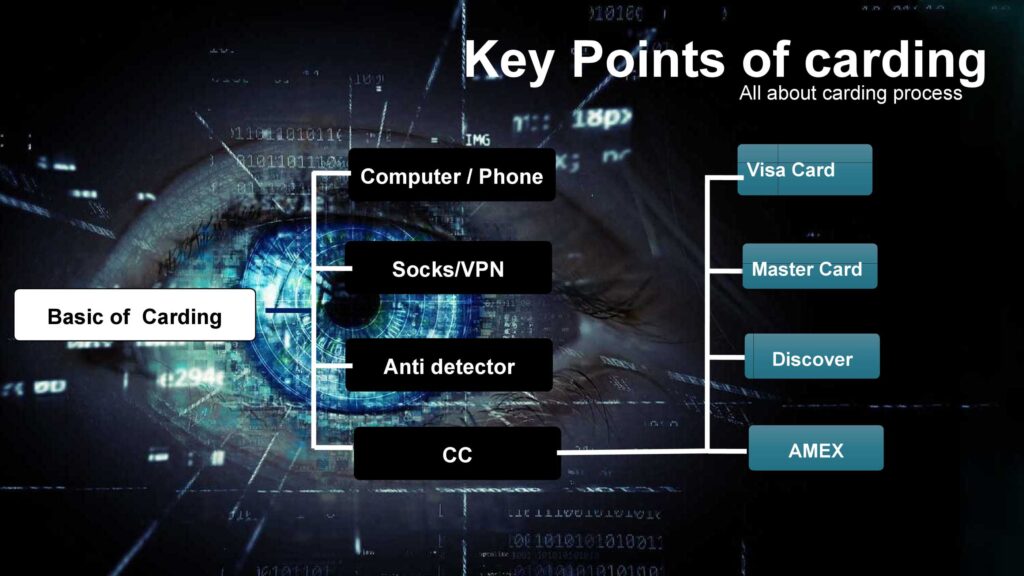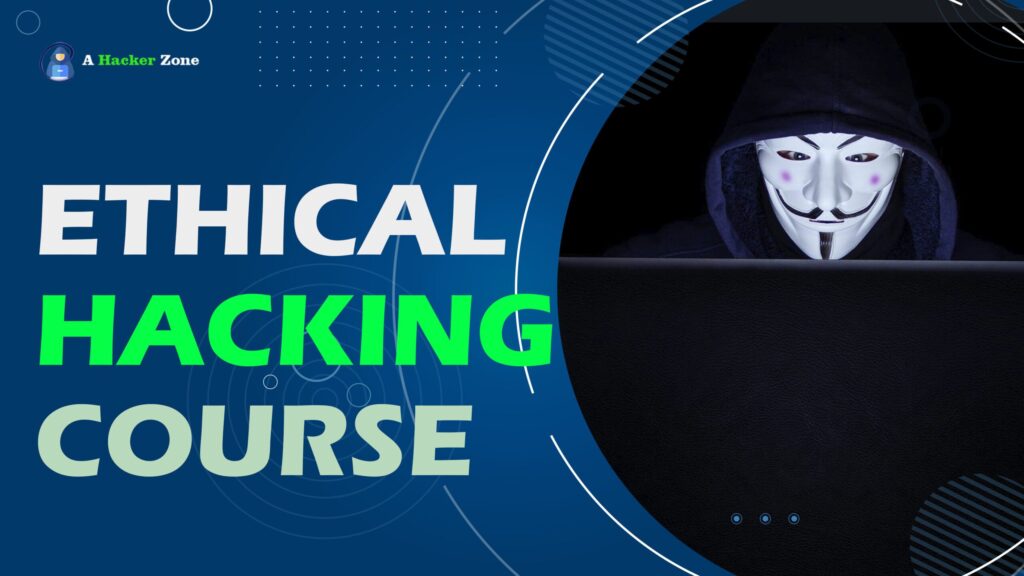Carding punishment in India
carding punishment in india: Carding is a criminal offence that involves using stolen or fraudulent credit card information for unauthorized transactions. In India, as in many other countries, engaging in carding activities can lead to severe legal consequences. Understanding the punishment for carding in India is essential for anyone who may be tempted to participate in such activities. This article explores the legal framework surrounding carding in India and the potential punishments offenders may face. is carding illegal | is carding safe
Note: Still, if you want to take cards and make money, Yes, you can indeed make a lot of money by carding. We teach carding, so we know how to keep ourselves safe while carding.
What Is Carding?
carding punishment in india: Carding refers to the use of stolen, counterfeit, or compromised credit card information to make unauthorized transactions. Typically, fraudsters obtain these card details through various means, such as hacking, phishing scams, or buying them from illegal sources on the dark web.
carding punishment
The goal is to use the stolen information to purchase goods or services without paying for them, often selling those goods for profit.
What Is Carding and Why Is It Illegal in India?
Carding refers to the illegal practice of using stolen or counterfeit credit card information to make unauthorized purchases or withdraw funds. Criminals often obtain these credit card details through hacking, phishing, or buying them from underground markets. In India, carding is considered a form of cybercrime and is illegal under various laws designed to protect financial security and combat fraud.
Carding punishment in India
Laws Governing Carding and Cybercrime in India
In India, carding activities fall under multiple legal frameworks that aim to prevent financial crimes. The key laws related to carding and its punishments include:
- The Information Technology Act, 2000 (IT Act)
The IT Act of 2000 is the primary law governing cybercrimes in India. Under this act, carding is punishable as it involves unauthorized access to electronic systems and fraudulent use of digital data. Section 66C and Section 66D of the IT Act specifically address cybercrimes, including identity theft and cheating through the use of fraudulent information, such as credit card details. - The Indian Penal Code (IPC)
In addition to the IT Act, carding can also be prosecuted under various sections of the Indian Penal Code (IPC), such as those dealing with cheating, fraud, and identity theft. The IPC provides a legal framework for punishing individuals who engage in fraudulent activities, including those that involve using stolen or fake credit cards. - The Payment and Settlement Systems Act, 2007
This act also governs financial transactions and payment systems in India. It is designed to prevent fraud and ensure the security of electronic payment systems. If a person engages in carding activities that affect the payment systems, they may be prosecuted under this act as well. carding punishment.
is carding safe?
Note : No But still if you want to make money by carding Yah it is 100% true you can make a lot money by Carding , We are professional Carder and we teach Carding , we know how to secure our self during carding. we will help you to card without getting cought.
Learn More:
Contact us: @Support
Contact us If You Need any Help >>>Click here
Advance Carding Course
Do you want to learn carding from basic to advanced? If yes, then Enroll Advance Carding Course
Join our Team as a Member For Life time




